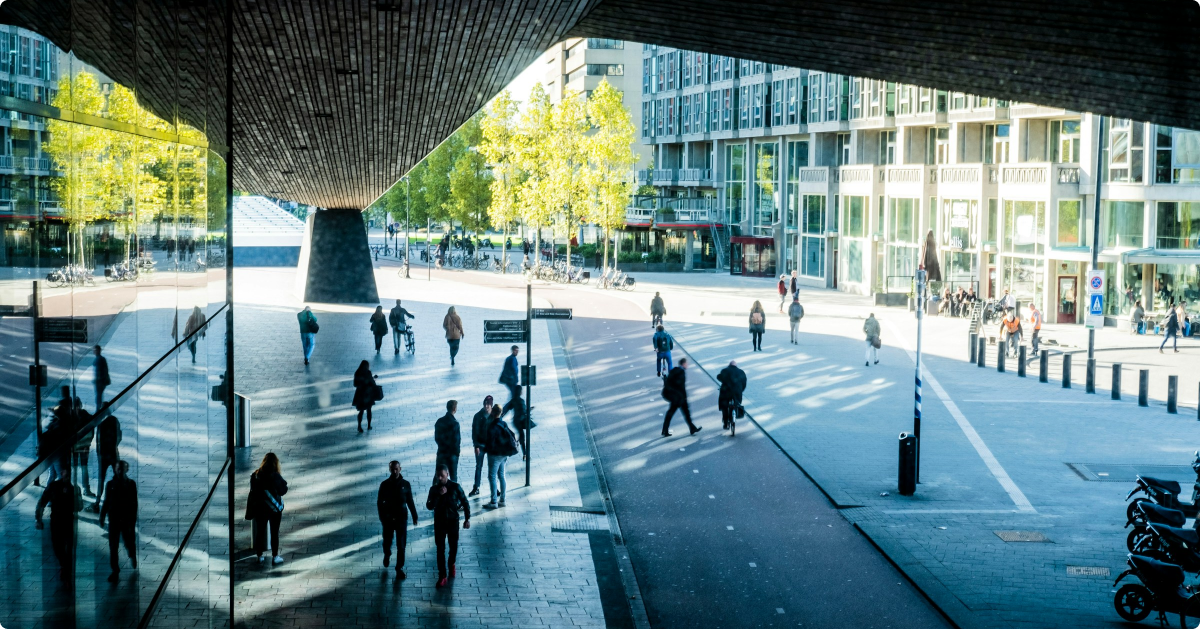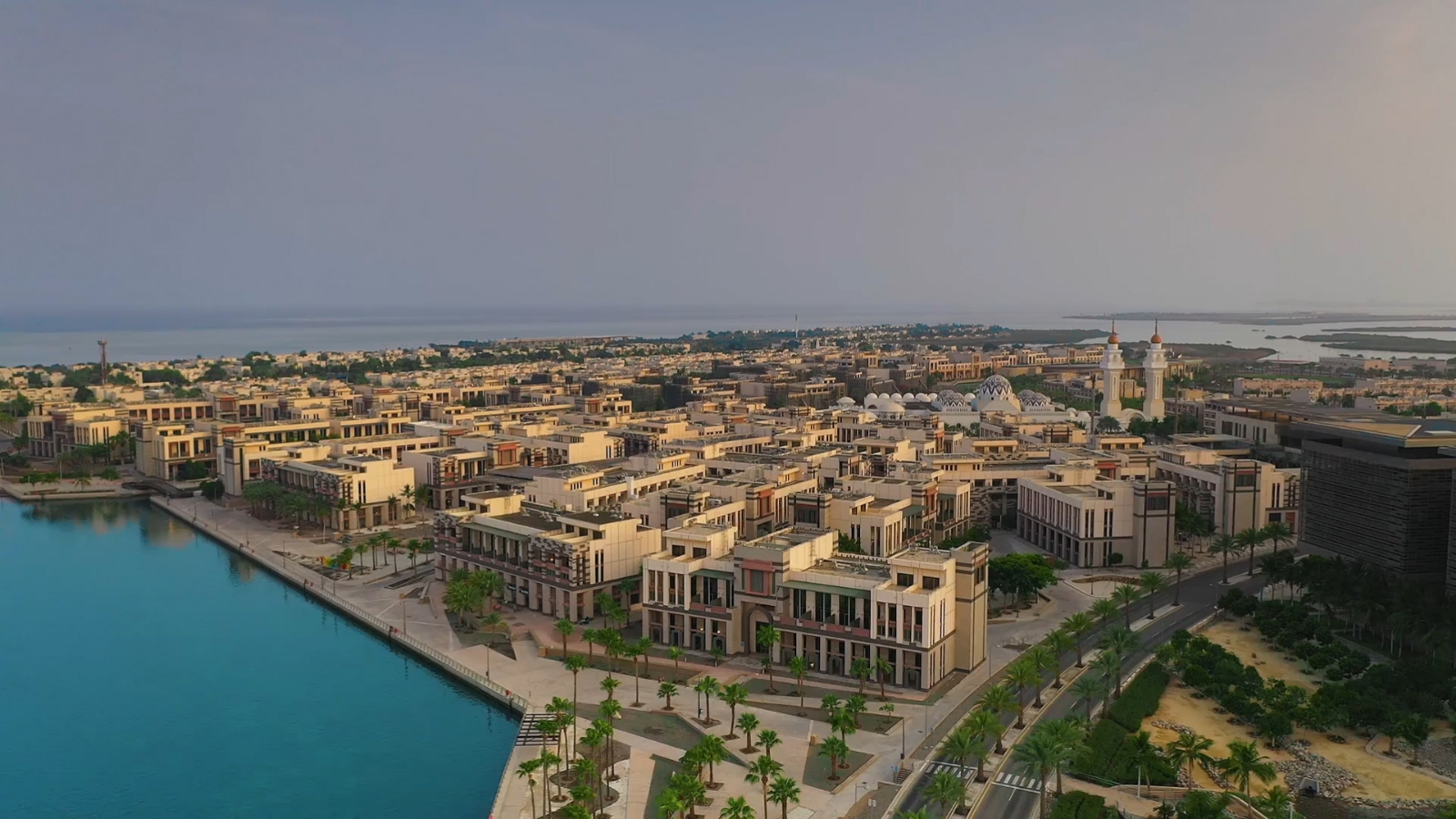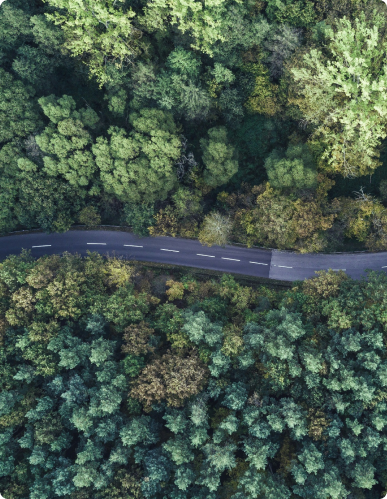
APPROACH
LIFE CYCLE THINKING
At KAUST Urban Lab, Life Cycle Thinking is central to our research, focusing on assessing the environmental, social, and economic impacts of materials, products, and systems from their inception through disposal. This approach ensures sustainable practices across all aspects of urban development, helping to promote resource efficiency and minimize negative environmental outcomes. By evaluating the entire life cycle of a product or material, we can make informed decisions that lead to sustainable design, construction, and operation of urban infrastructure.

Key Focus Areas
Circular Economy
Encouraging the reuse, recycling, and repurposing of materials and products, contributing to waste minimization and resource conservation in urban environments.
Material Life Cycle
Assessing the long-term sustainability of materials used in urban construction, from concrete and polymers to recycled and renewable resources.
Sustainable Design
Incorporating life cycle thinking into urban and architectural design to reduce carbon footprints, minimize resource use, and improve overall sustainability.
Resource Optimization
Promoting the efficient use of resources like water, energy, and raw materials throughout the life cycle of buildings and urban systems
Environmental Impact Assessments
Using life cycle assessment (LCA) methodologies to evaluate and mitigate the environmental impacts of construction materials, building processes, and urban infrastructure.
Key Projects
This project analyzes the environmental and economic sustainability of key construction materials such as asphalt, cement, and steel under changing geopolitical conditions. By applying LCA methods, we assess carbon emissions and costs associated with material transport and production, offering insights for regions like Qatar.

Future Directions
At KAUST Urban Lab, Life Cycle Thinking plays a crucial role in shaping the future of sustainable urban development. This approach will be pivotal in helping Saudi Arabia meet its Vision 2030 goals by ensuring resource efficiency, waste minimization, and sustainable building practices. Moving forward, we aim to further embed life cycle thinking into smart city designs, explore innovative materials for sustainable construction, and support a circular economy in urban planning. This approach informs our research, education, and outreach efforts, making sustainability a core focus in every aspect of our work.
1. Expanding life cycle assessments to include new building materials and renewable energy systems.
2. Developing policy tools for implementing LCA in urban planning and construction.
3. Investigating the environmental impacts of 3D printing and additive manufacturing in construction.
4. Creating comprehensive life cycle databases for materials used in mega-projects in Saudi Arabia.
5. Integrating LCA into green building certifications to enhance sustainable practices in the construction industry.




